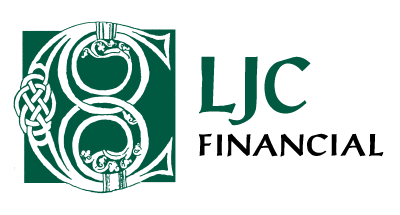Estate Planning
Estate planning involves the creation of an estate plan, which is a detailed plan of how your assets will be distributed in the event of your death while also minimizing tax liabilities. Considerations to make when planning your estate plan:
Questions to ask:
If you have minor children:
- What will happen to the children if both parents were to pass away?
- Who would take care of them and until what age?
- What would happen if only parent were to pass away?
Assets and Liabilities:
- What are your assets? Create a detailed list of your assets.
- What are your liabilities? Create a detailed list of your liabilities.
Other questions:
- How important is it for you to minimize income tax and probate fees?
- Do you want to leave parts of your estate to charity?
- Do you have a life insurance policy to cover anticipated capital gains taxes that will arise after your death and protect your business against loss, if you own one?
Gather your documents
To ensure that your loved ones know what assets you have and how you’d like them distributed once you’re gone, gathering personal documents can make access easier. Documentation should include bank accounts, retirement accounts, life insurance, titles, deeds and any other paperwork related to property.
Wills, Trusts, Power of Attorney and Living Will
Wills
Wills are the legal documents that dictate what happens to your assets and belongings upon your death. Without a will, provinces delineate how your assets will be distributed after you pass.
Trusts
Trusts allow you to designate a trustee who will hold assets on behalf of your beneficiaries until they’re ready to receive them – usually when they reach a certain age. There are two main kinds of trusts: Living trusts take effect during your lifetime, while testamentary trusts take effect at your death.
Power of Attorney and Living Will
What is the Power Of Attorney? This is so important in the case of incapacitation or injury. Though you are not legally deceased, there may be a situation where you cannot make decisions on your behalf. When you give someone the power of attorney over your affairs, they can make these decisions when you can’t. You’ll often draw up a financial power of attorney document and a living will to carry out instructions for personal care.
Business Owners
If you are a business owner, it’s essential to remember that your estate planning does not stop at just wills and such. You must also address issues relating to business succession and a complicated tax issue. In these situations, you will need the assistance of an expert in estate planning for business owners to ensure you are making the right decisions.

